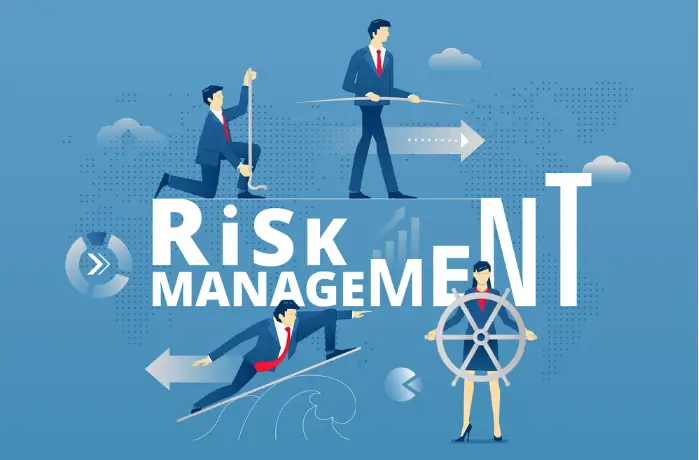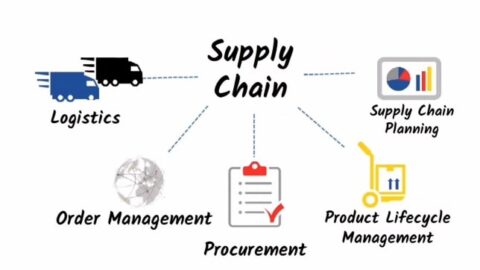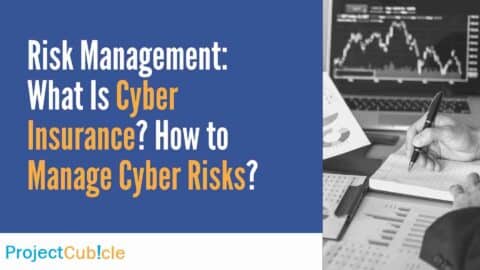Risk Management Strategies for Startups: A Law Firms’ Perspective
In the ever-evolving landscape of business, startups face a unique set of challenges and risks. Balancing innovation with sustainability requires not just creativity and passion but also a strategic approach to risk management. This article aims to guide startups through the intricate process of mitigating risks from a legal standpoint, drawing on my years of experience as a patent lawyer and a master copywriter. We’ll explore practical, tactical advice, focusing on intellectual property protection, efficient project management, and other key areas considering risk management for startups.
Table of Contents
What is risk management in simple words?
Risk management, in simple terms, is the process of identifying, assessing, and mitigating risks to minimize their impact on an organization’s objectives or projects. It involves recognizing potential threats or uncertainties that could affect the achievement of goals, evaluating their likelihood and potential impact, and taking steps to either avoid, reduce, transfer, or accept the risks. The goal of risk management is to proactively identify and address potential problems before they occur.
What are risk factors in law?
In law, risk factors represent conditions or circumstances that heighten the likelihood of negative legal outcomes or non-compliance. These factors encompass various elements, including failure to adhere to regulations, breach of contracts, litigation history, economic fluctuations, technological advancements, environmental concerns, political influences, and internal control deficiencies.
Understanding the Risk Landscape for Startups
Startups, by their very nature, venture into uncharted territories. This pioneering spirit, while admirable, comes with inherent risks. These include financial uncertainty, market volatility, technological advancements, and legal complexities. Navigating these challenges successfully is crucial for any startup aiming for long-term success.
Building a Strong Legal Foundation: Key to Startup Success
Moving forward, it’s essential for startups to understand that building a strong legal foundation is not just a safety net but a strategic asset. This section delves into why legal preparedness is crucial and how it can be a game-changer for startups.
Legal Preparedness: More Than Just Compliance
Legal preparedness goes beyond mere compliance with laws and regulations. It’s about proactively identifying potential legal issues and addressing them before they become problematic. This includes everything from incorporating your business correctly to understanding the implications of contracts you enter into.
Choosing the Right Legal Structure
One of the first legal decisions a startup must make is choosing the right business structure. Whether it’s a sole proprietorship, partnership, limited liability company (LLC), or corporation, each has its own set of legal implications, tax requirements, and levels of personal liability. The choice should align with your business goals, funding strategy, and growth plans.
The Role of Intellectual Property in Safeguarding Innovations and Risk Management for startups
One of the most critical aspects of a startup’s strategy should be the protection of its intellectual property (IP). In today’s competitive market, where ideas are as valuable as tangible products, securing your innovations legally can be the difference between success and obscurity.
Why Patents are Crucial for Tech Startups
For tech startups, patents are not just a legal formality; they are a business necessity. The latest software technologies, from artificial intelligence to blockchain, are all patented, creating a complex web of intellectual property rights that every new entrant must navigate. Obtaining a patent for your software or technology does more than protect it from infringement; it also adds value to your startup, making it more attractive to investors and partners.
A patent grants you exclusive rights to your invention, preventing others from making, using, or selling it without your permission. This exclusivity can be a significant competitive advantage, especially in technology sectors where innovation is rapid and easily replicable.
How to Secure a Patent
The process of securing a patent can be intricate, and it’s often where startups need the most guidance. The first step is to ensure that your invention is patentable. It must be new, non-obvious, and useful. Conducting a thorough patent search is essential to determine if your invention meets these criteria.
Once you’ve established the patentability of your invention, the next step is to prepare and file a patent application. This process involves detailed descriptions of your invention, claims defining the legal boundaries of your patent, and often, technical drawings. Given the complexity of patent laws, seeking professional assistance from a patent attorney is highly recommended.
Streamlining Risks Through Efficient Project Management
Another crucial aspect of risk management for startups is efficient project management. Well-managed projects are more likely to be completed on time and within budget, reducing financial and operational risks.
Implementing Agile Methodologies

Agile methodologies are particularly well-suited for startups. They focus on flexibility, continuous improvement, and customer feedback. By implementing agile practices, startups can adapt quickly to market changes, identify potential issues early, and mitigate them before they escalate.
Importance of Regular Reviews and Adaptation for Risk Management for Startups
Regular project reviews and adaptation are key components of agile methodologies. These reviews provide an opportunity to assess progress, realign with business goals, and make necessary adjustments. This iterative process ensures that the project remains on track and aligned with the startup’s strategic objectives.
Balancing Innovation with Feasibility
While innovation is the lifeblood of startups, it must be balanced with feasibility. Project management should not only focus on the creative aspects but also on practical considerations like resource allocation, timelines, and market viability. A project that is innovative but not feasible can quickly become a liability.
Leveraging Project Management Tools
Project management tools can significantly reduce operational risks by streamlining workflows, enhancing communication, and tracking progress. Tools like Asana, Trello, or Jira offer features that are particularly beneficial for agile project management, allowing teams to adapt quickly and efficiently.
Embracing Technology in Risk Management
In this digital age, technology plays a pivotal role in managing risks. Startups, particularly tech-based ones, should leverage the latest tools and software to mitigate risks effectively.
Utilizing Data Analytics for Risk Assessment
Data analytics can provide startups with deep insights into market trends, customer behavior, and potential risks. By analyzing data, startups can make informed decisions, foresee market changes, and prepare for various scenarios.
Cybersecurity: Protecting Your Digital Assets
For tech startups, digital assets are often their most valuable property. Implementing robust cybersecurity measures is non-negotiable. This includes safeguarding intellectual property, customer data, and ensuring compliance with data protection regulations.
Financial Risk Management for Startups
Startups must also focus on financial risk management. This involves understanding and managing the financial risks associated with running a business, such as cash flow issues, investment risks, and market fluctuations.
Importance of Cash Flow Management
Effective cash flow management is crucial for the survival of any startup. It involves monitoring and managing the amount of cash flowing in and out of your business. Startups should have strategies in place to ensure they have enough cash to cover operational costs and to invest in growth opportunities.
Conclusion on Risk Management for Startups
In conclusion, managing risks is an integral part of a startup’s journey to success. Protecting your intellectual property through patents, especially in the tech industry, is a critical step in safeguarding your innovations. Efficient project management, on the other hand, helps in keeping your operations streamlined and focused. By combining these strategies with a clear understanding of the startup landscape, you can navigate the complexities of the business world with confidence.

11+ years strategic communications, marketing, and project management experience. I am a trainer at StarWood Training Institute, focusing on online courses for project management professionals.











